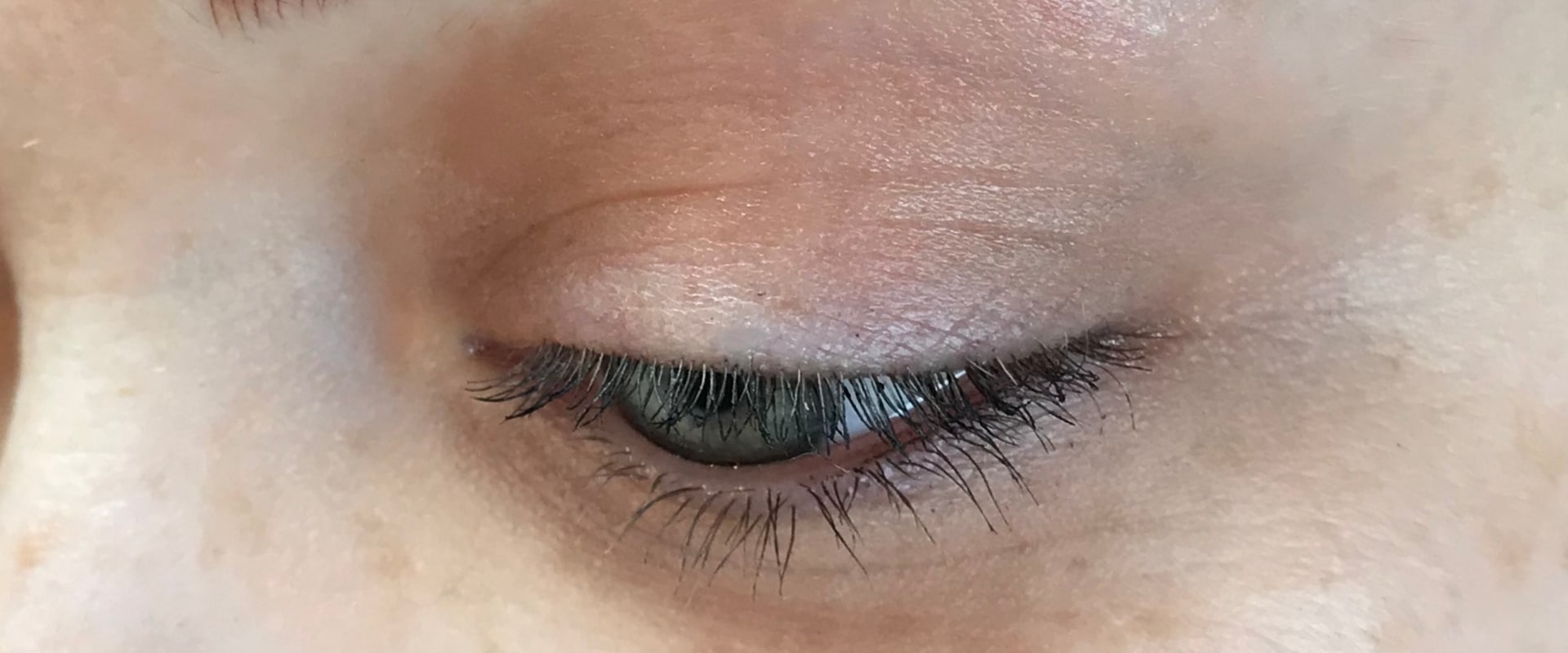Do not take aspirin, niacin, vitamin E, or ibuprofen 24 hours before the procedure. Do not take ibuprofen, aspirin, or any other blood-thinning pain medication on the morning of the procedure, unless medically necessary. Stop taking aspirin, niacin, vitamin E, fish oil, CoQ10, and ibuprofen 48 hours before the procedure No alcohol or caffeine 24 hours before the procedure.
Can I take painkillers before microblading?
Do not take aspirin, niacin, vitamin E, or ibuprofen 24 hours before the procedure. Do not take ibuprofen, aspirin, or any other blood-thinning pain medication on the morning of the procedure, unless medically necessary.
Danielle Easterwood17-04-20220 minutes read
Danielle Easterwood
Freelance beer guru. Typical web buff. Subtly charming zombie junkie. Unapologetic zombie guru. Web scholar. Professional beer lover.
New Articles
Are microblading salons open?
Danielle Easterwood2 minutes readBig eyebrows are all the rage, and unless you're blessed with Brooke Shields genes, you may have considered eyebrow microblading. However, the procedure takes more than a trip to your local beauty salon in New Hampshire; only tattoo artists can legally microblade.
Are microblading and blurring the same thing?
Danielle Easterwood2 minutes readMicroblading and Feather Touch Eyebrow is the same thing with a different name. Legally it's called a tattoo, but I use a small hand tool with a very thin blade.
Why is microblading a bad idea?
Danielle Easterwood2 minutes readMicroblading can damage the hair root follicle that is irreversible, causing the hairs to become ingrown or not grow at all. Scarring can occur if proper equipment is not used and, if this happens, you will not be able to receive other treatment in the eyebrow area.
Does microblading anesthetic cream hurt?
Danielle Easterwood2 minutes readA numbing cream is typically used during a microblading procedure. Some people will continue to have pain during the procedure, and pain or irritation is expected in the following days.










